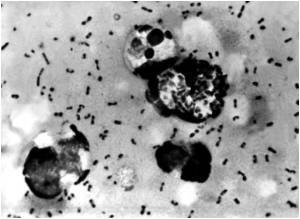Autophagy has long been considered as a physiological process solely for degradation, but its secretory role has recently emerged.

‘The newly-identified autophagy-dependent secretory system will open another dimension for therapeutic approaches through the secretory role of autophagy.’





In addition to interleukin-1 beta, leaderless proteins such as
ferritin, whose secretory system has not been identified, are also found
to be secreted based on the same autophagy machinery. Therefore, the
newly-identified autophagy-dependent secretory system facilitates the
secretion of leaderless proteins*4, and plays fundamental roles in this
secretion.Tomonori Kimura said, "Our findings will open another dimension for therapeutic approaches through the secretory role of autophagy. "
1 Autophagy
Autophagy is a self-degradative process for cellular homeostasis. Autophagosome sequesters the degradative targets, whose process is followed by fusion with lysosomes for degradation of its contents. Recently, autophagy is also reported to play a role in secretion.
2 Inflammatory cytokine
Advertisement
3 SNARE proteins
Advertisement
4 Leaderless protein
Signal peptides are short peptides in proteins through which proteins are bound for specific cellular distribution or secretion. A number of proteins do not have signal peptides (called leaderless proteins), and their secretory pathway have not been elucidated thus far.
Source-Eurekalert









